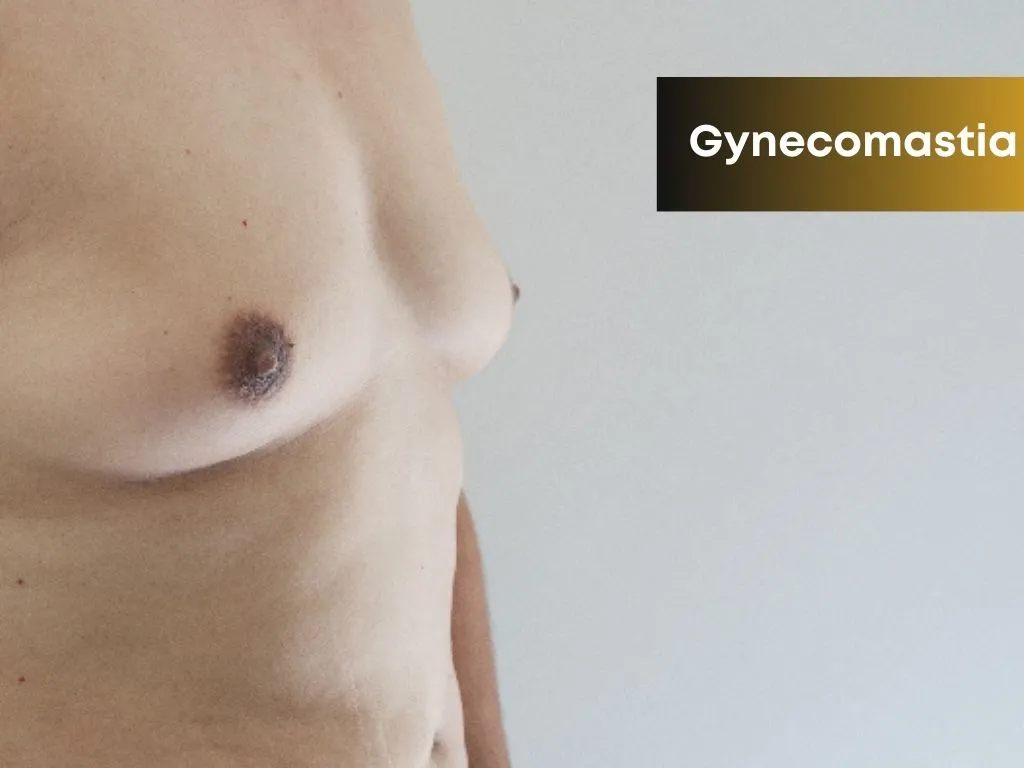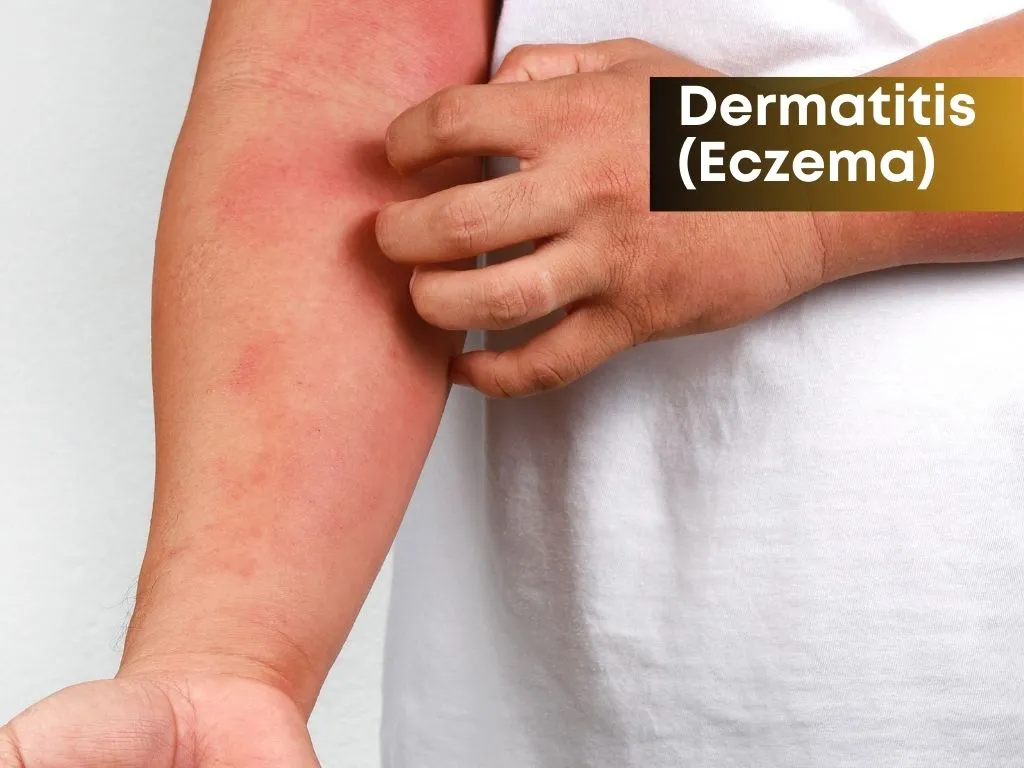Insulin Dependent Diabetes Melitus(Type 1) - IDDM
-
 Nalamaree Team
Nalamaree Team
- 23 September 2025
Overview
IDDM, which stands for Insulin-Dependent Diabetes Mellitus, is an older term for what is now more commonly known as type 1 diabetes. It is a chronic autoimmune condition that affects the pancreas, an organ located behind the stomach. The pancreas produces several important hormones, including insulin, which helps regulate blood sugar levels.
Causes
In people with Type 1 diabetes, the immune system mistakenly attacks and destroys the insulin-producing beta cells in the pancreas. This leads to a deficiency of insulin, which means that the body cannot properly use glucose (sugar) for energy. As a result, blood sugar levels rise too high, leading to the symptoms of diabetes.
Symptoms
The symptoms of type 1 diabetes typically develop over a short period, ranging from days to weeks, though they can sometimes be subtle and progress slowly.
Classic "3 Ps":
Additional Symptoms:
Treatment: Modern Medicine
Treatment: Traditional Medicine
Caution





















.jpg.webp)
